Although Android 13 is currently only available for Google Pixel phones, other manufacturers have already started beta testing their add-ons, so they will be added gradually. Gradually yes, but still only very lukewarm according to the trend of Android adoption speed. Moreover, lately it seems that everyone naturally wants to get ahead of Apple when it comes to launching their products and software. Would they be so afraid of him?
Google is very inconsistent in releasing its operating system for mobile phones (and tablets). After all, this also applies to its introduction, when it will do so for developers at the beginning of the year, but the official unveiling will only take place at the Google I/O conference. However, when it came to Android 12, Google didn't release it last year in a sharp version among supported devices until October 4. With version 11, it was on September 8, 2020, with version 10 on September 3, 2019 and version 9 on August 6, 2018. With its "thirteenth", it thus returns to the summer sense of releasing the system, or not, because next year it can to be different again.
Anyone who likes some order and perhaps just certain unwritten rules must have a great time at Apple. We know the main thing - when they will present new operating systems, and when they will be released to the world. It may happen that it takes a month of delay, but it is rather an exception (and especially with macOS). As for iOS, with iron regularity this system is available, if not immediately after the keynote with the presentation of new iPhones, then at least on the day of their pre-sale/sale.
It could be interest you
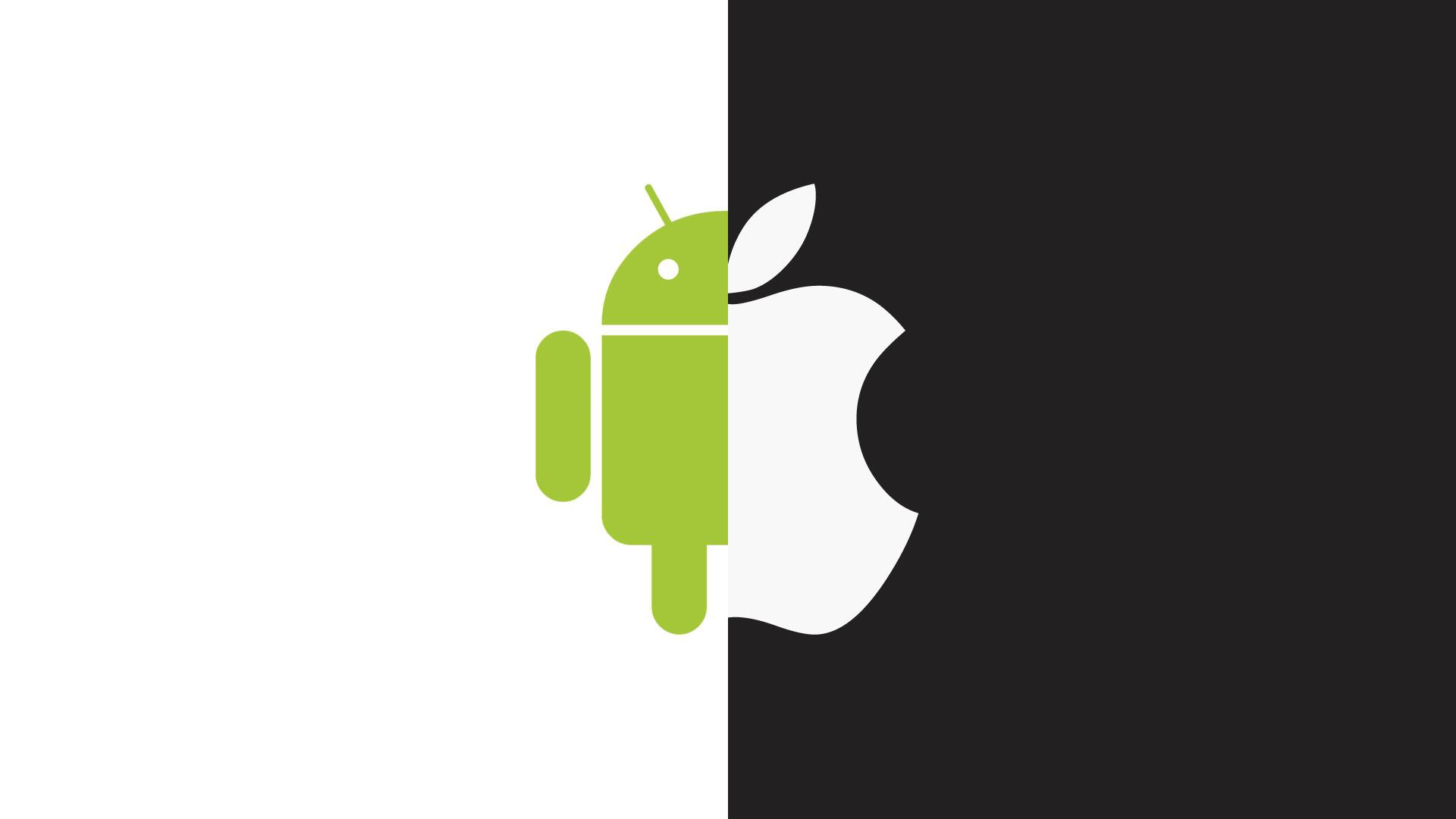
A clear limitation of Android
Just as Samsung wanted to overtake Apple with the launch of smartwatches and headphones, maybe Google was pushing to get its Android 13 to users before iOS 16. But we've known the preview of iOS 16 for a long time now, and the similarities and the new Android there not so much anymore. Google may have simply moved the work on betas and did not want to unnecessarily prolong the wait for the already finished system, which does not actually bring much news. After all, just because it's ready and available doesn't mean everyone will start updating en masse.
It's just an Android problem. When Apple releases a new iOS, it releases it across the board for all supported devices. It has a relatively simple situation in that it develops both the system and the devices it runs on. But Android runs on a lot of device models from a lot of manufacturers with their different add-ons, so everything here is slower.
Diametrically different adoptions
Apple fans also often mock Android in terms of user adoption. In this regard, it is necessary to defend the Androidists a little, because even if they wanted to have the most up-to-date system as soon as possible, in principle it is not possible at all. If they want to be among the first, they would have to own Pixels from Google, and even then they would have to change their device every three years to keep up with the new Androids. Only Samsung provides its new Galaxy phones with four years of Android update support, but for that the wait for new systems with add-ons is even longer, other manufacturers are in a worse situation rather than better, where only a measly two years are still common.
It could be interest you
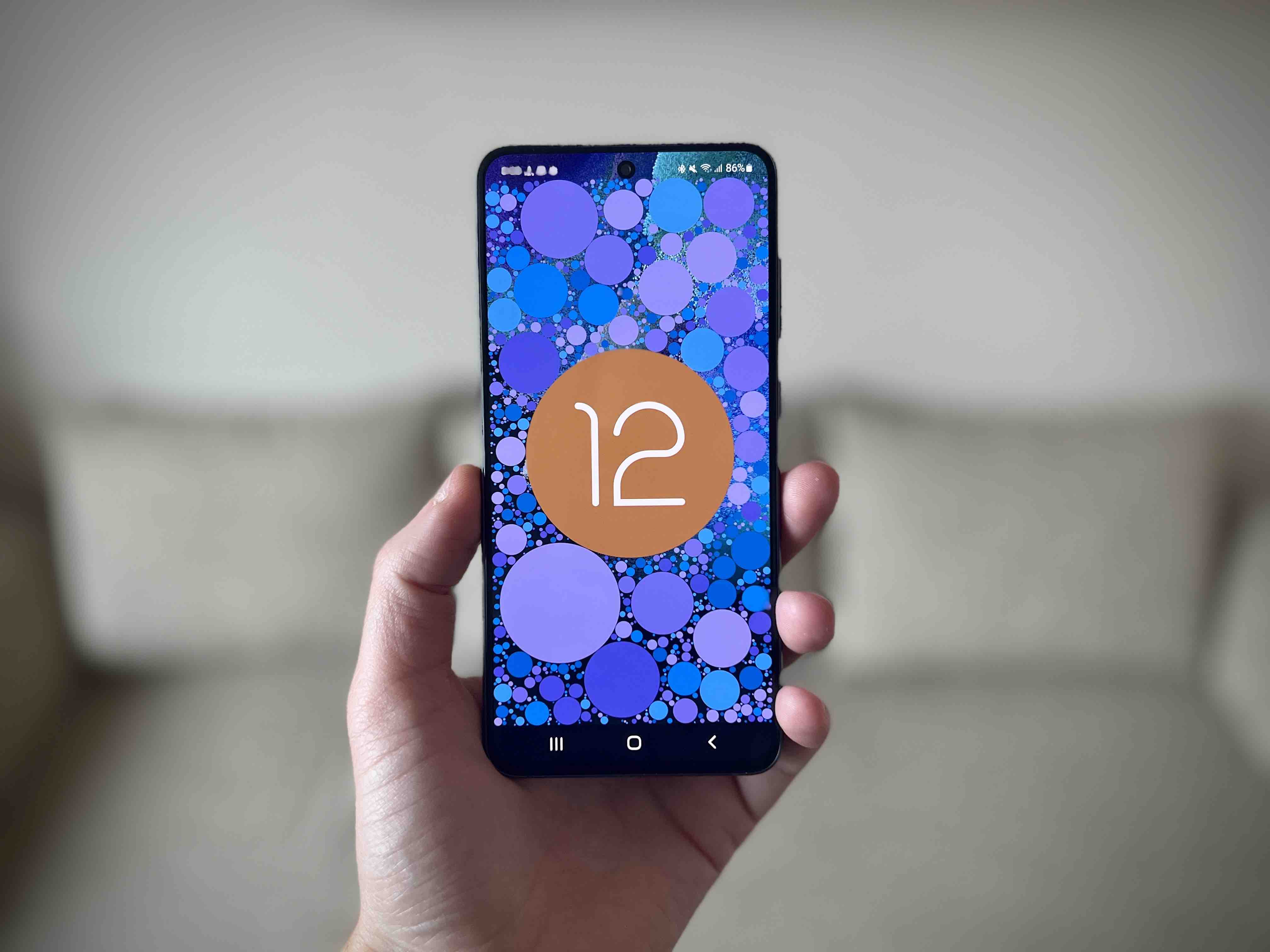
Just before the release of Android 13, Google published the adoption rate of individual versions of Android. The numbers show that Android 12 is only running on 13,5% of all Android devices. But it does not mean supported devices, which is a little different from Apple's nomenclature. The leader is still Android 11, which is installed on 27 percent of devices. Android 10 still has a large user base, as it runs on 18,8% of devices. For comparison iOS 15 adoption it was almost 22% even before WWDC90.
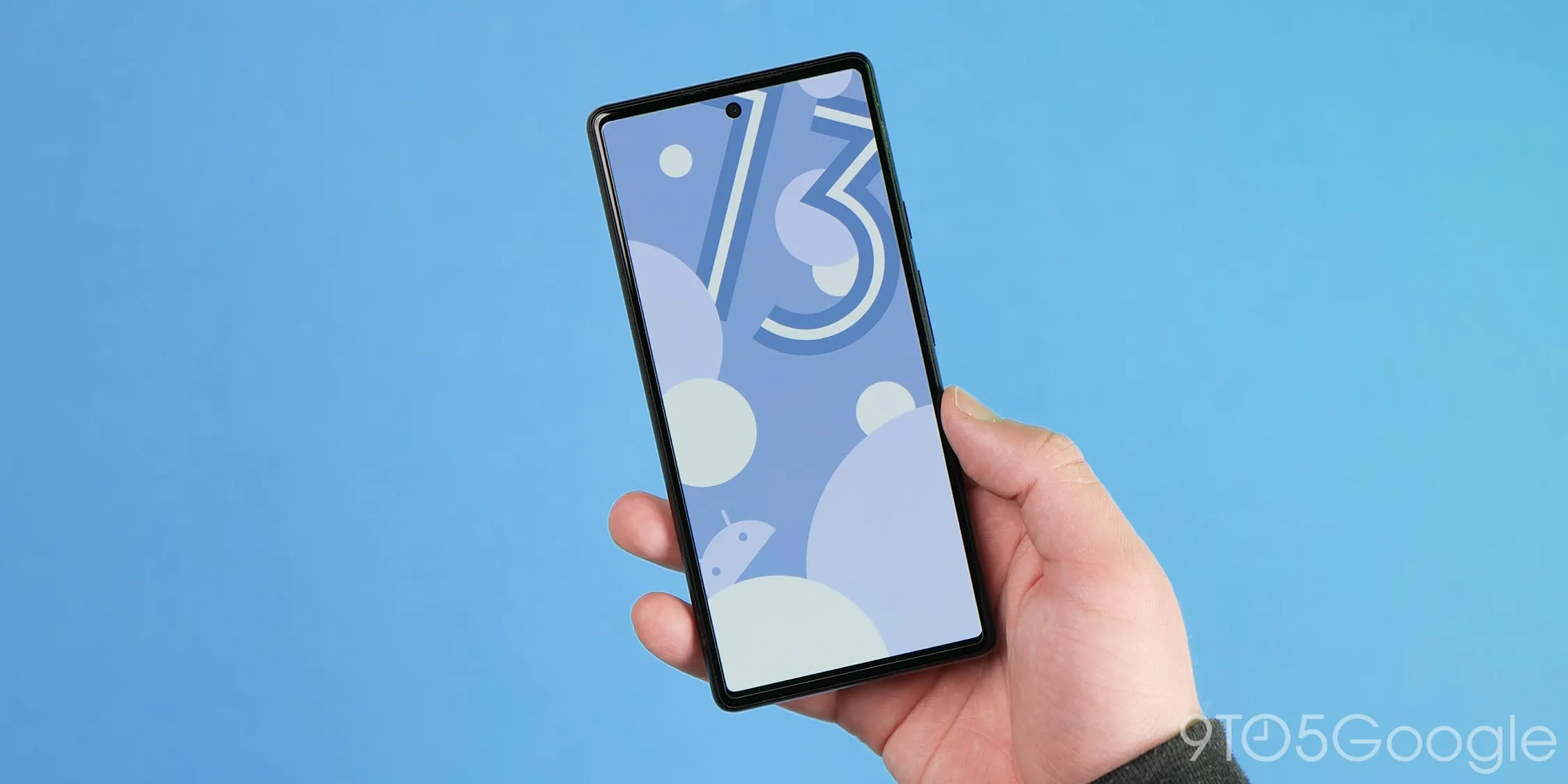
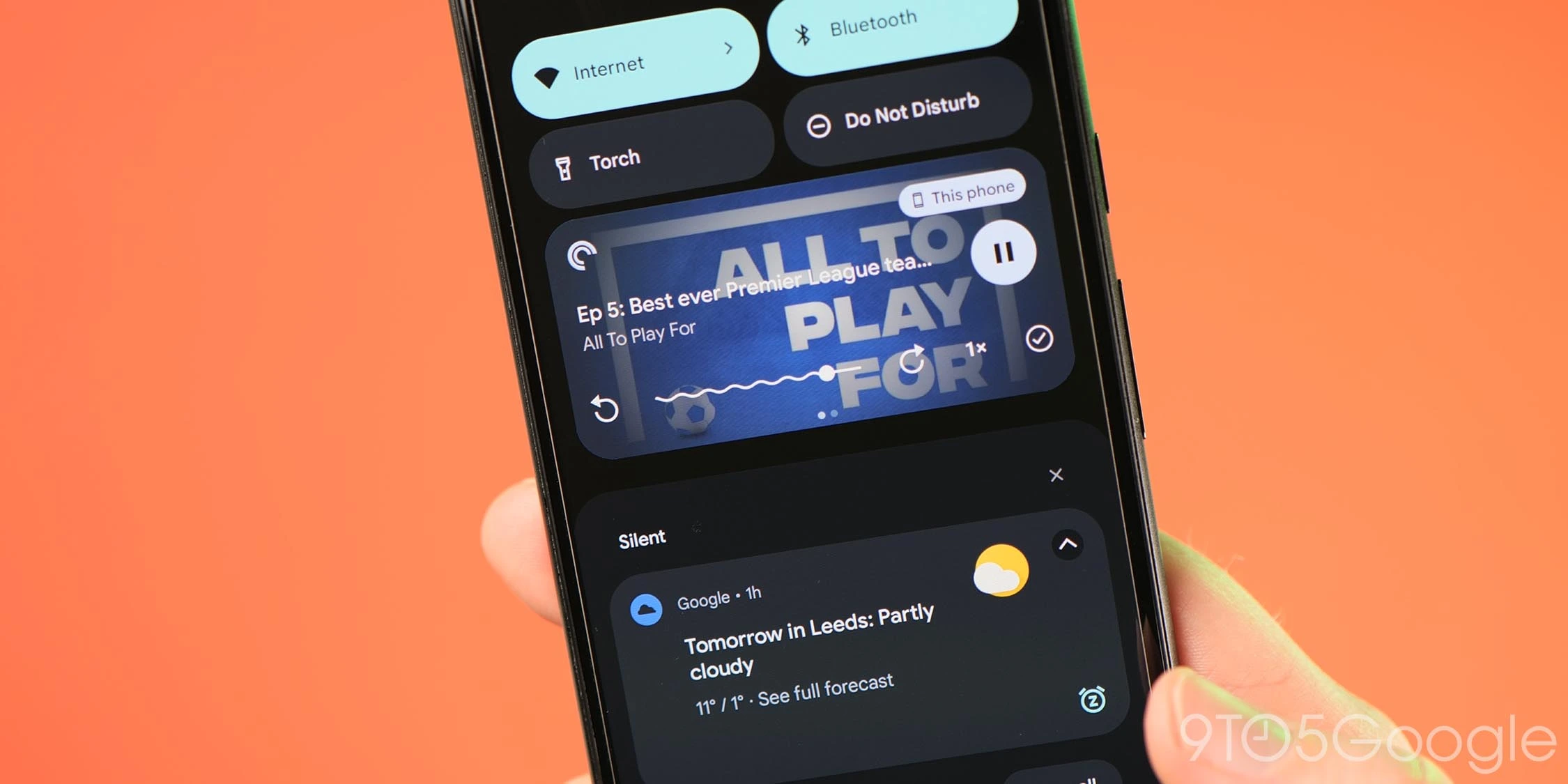
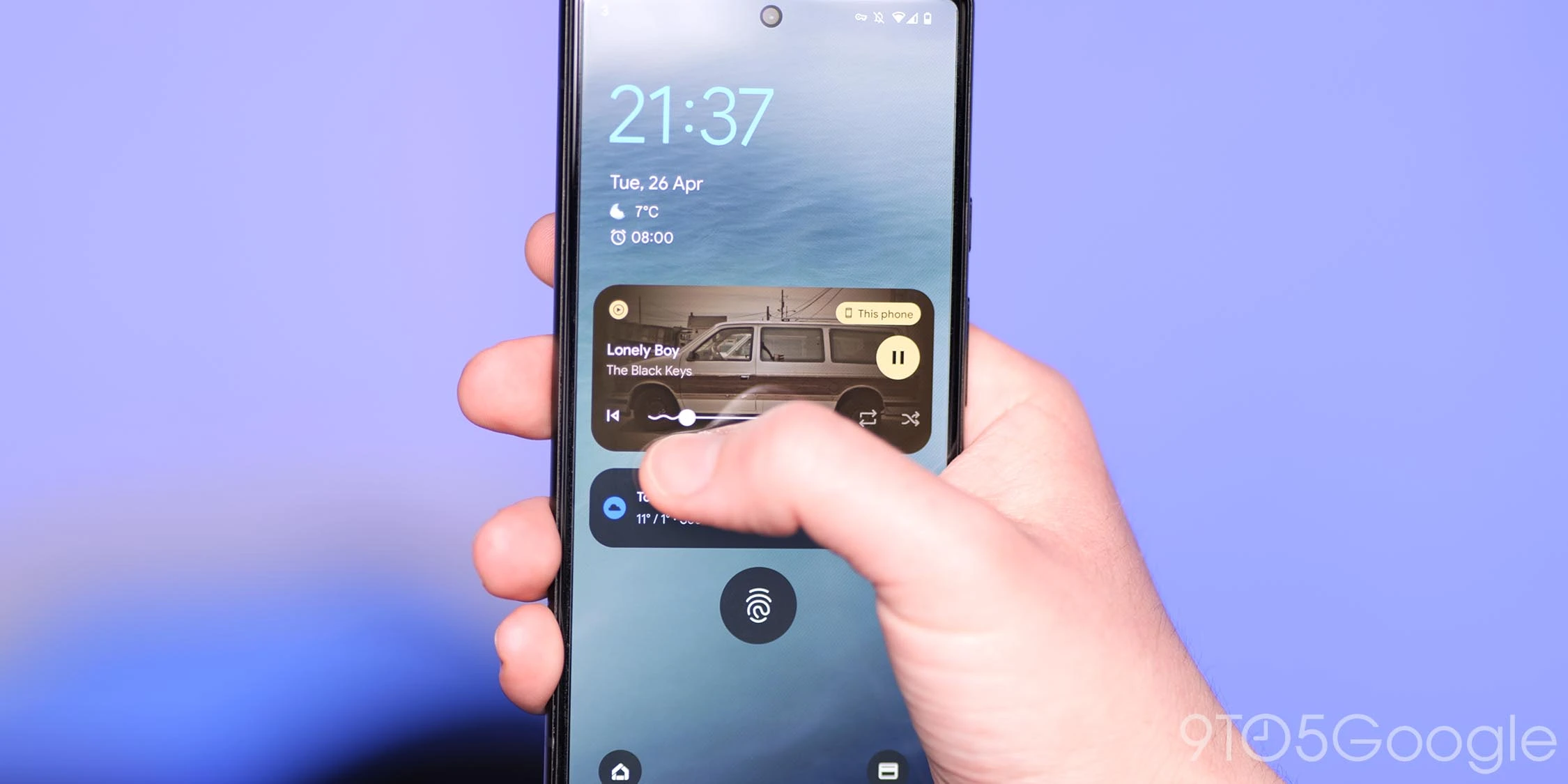
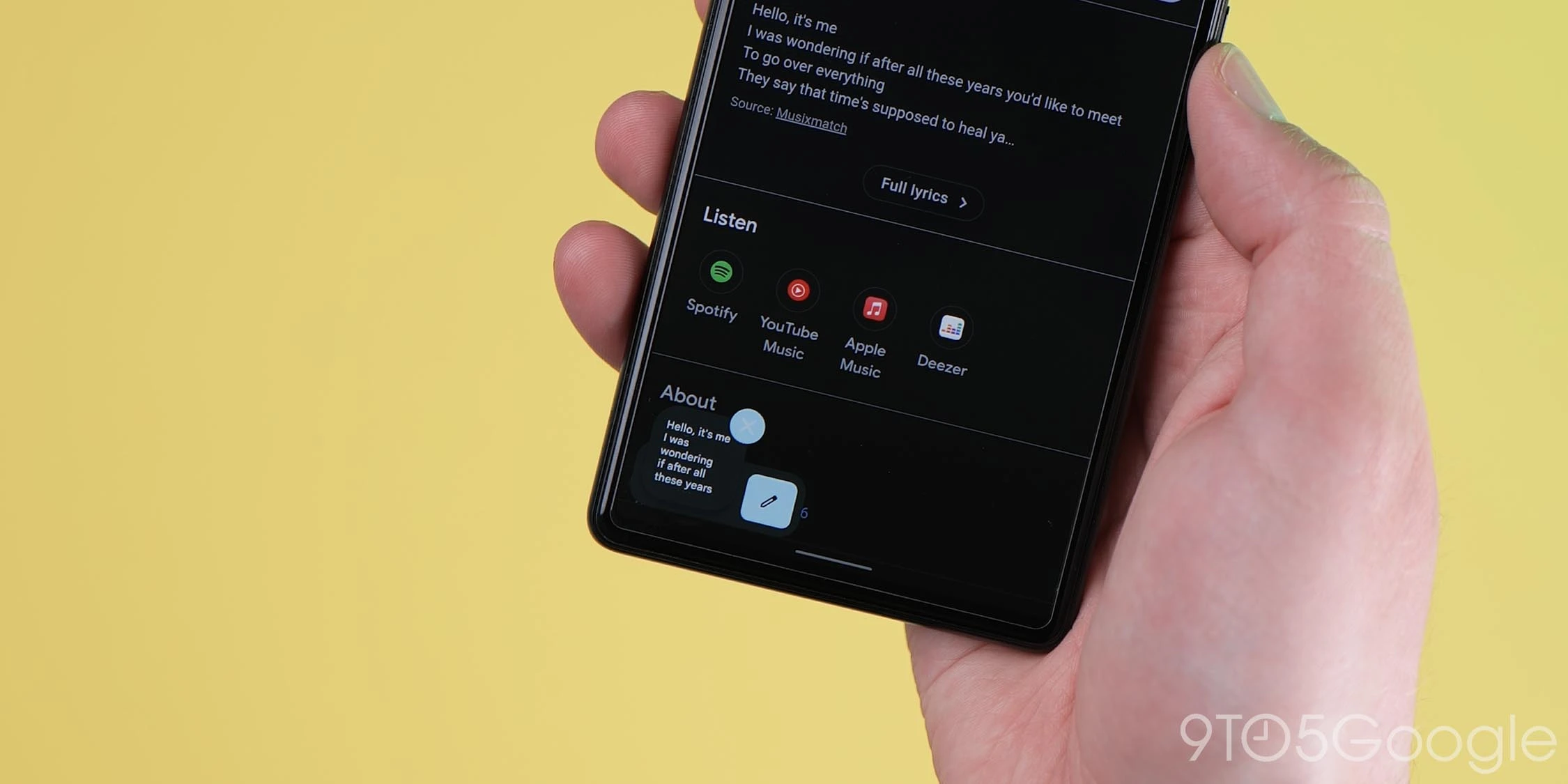
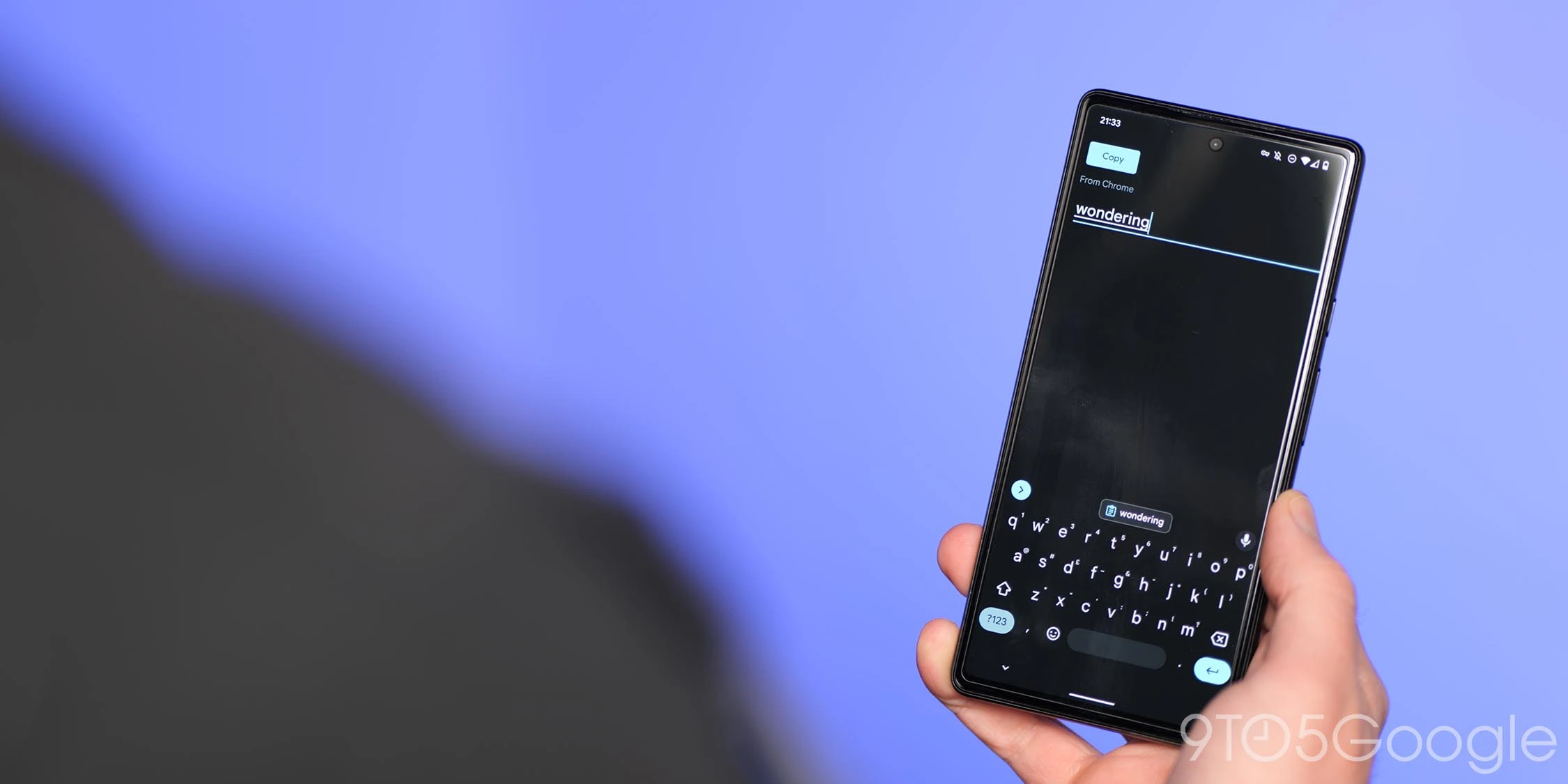
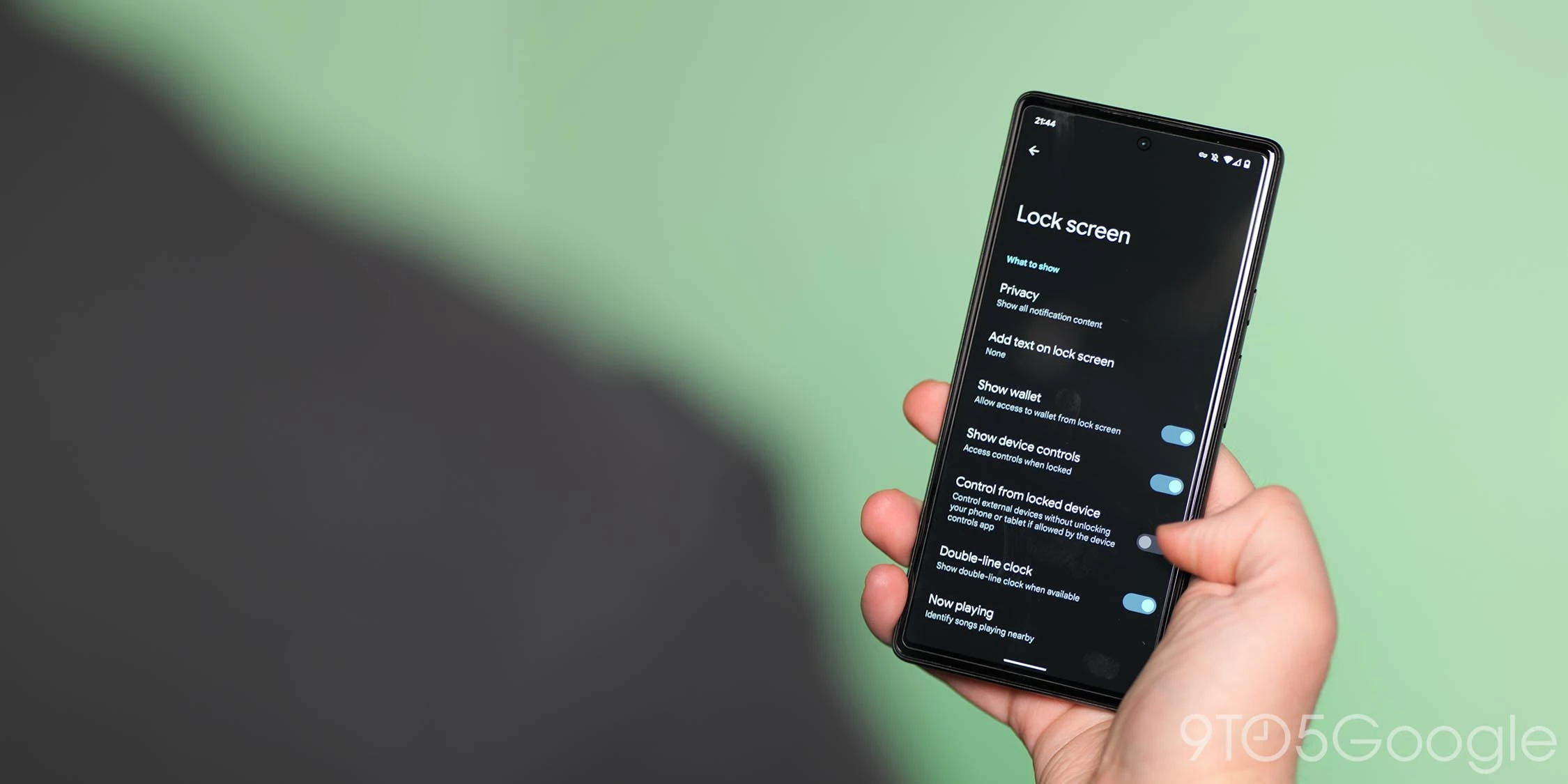
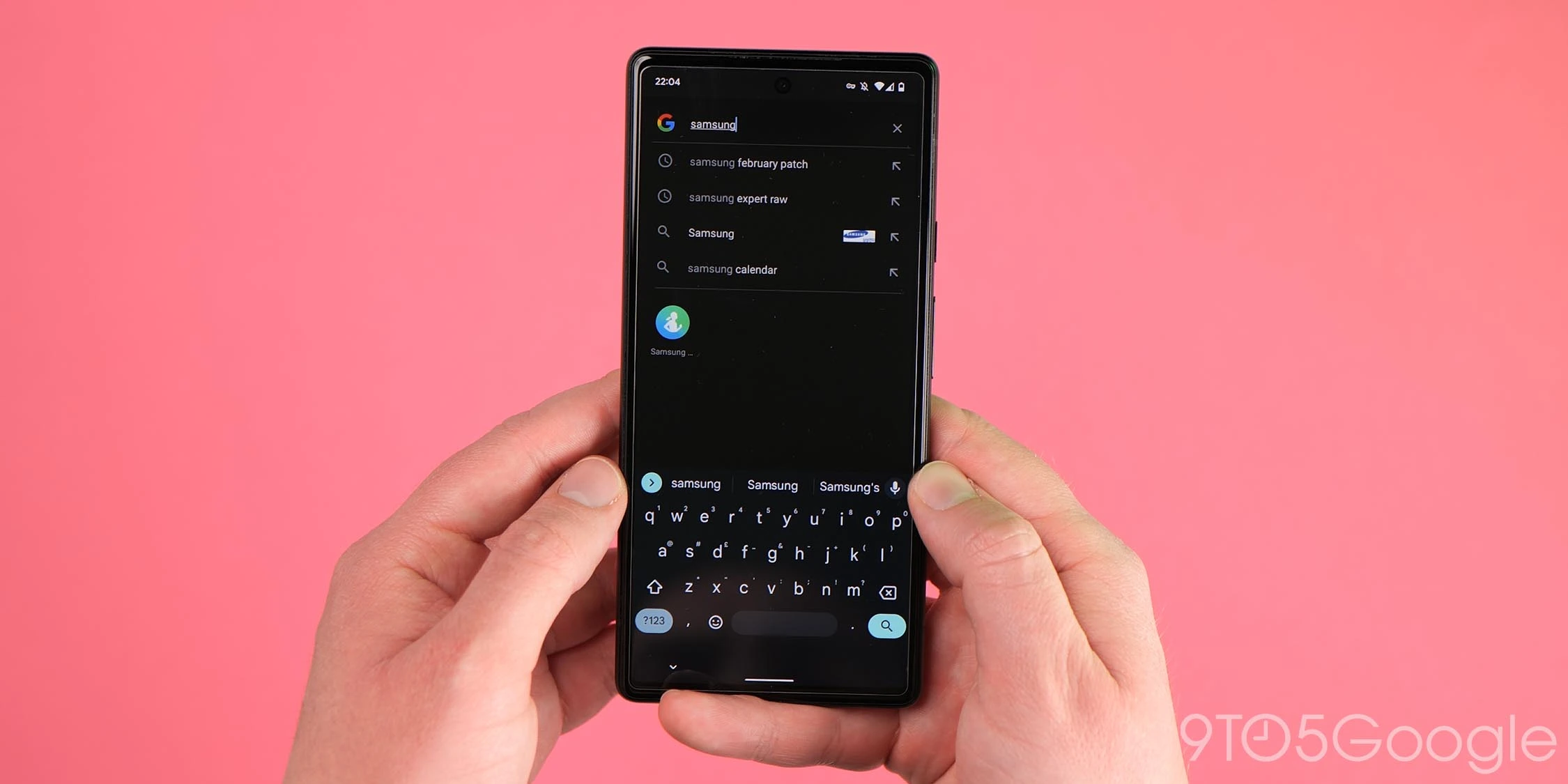
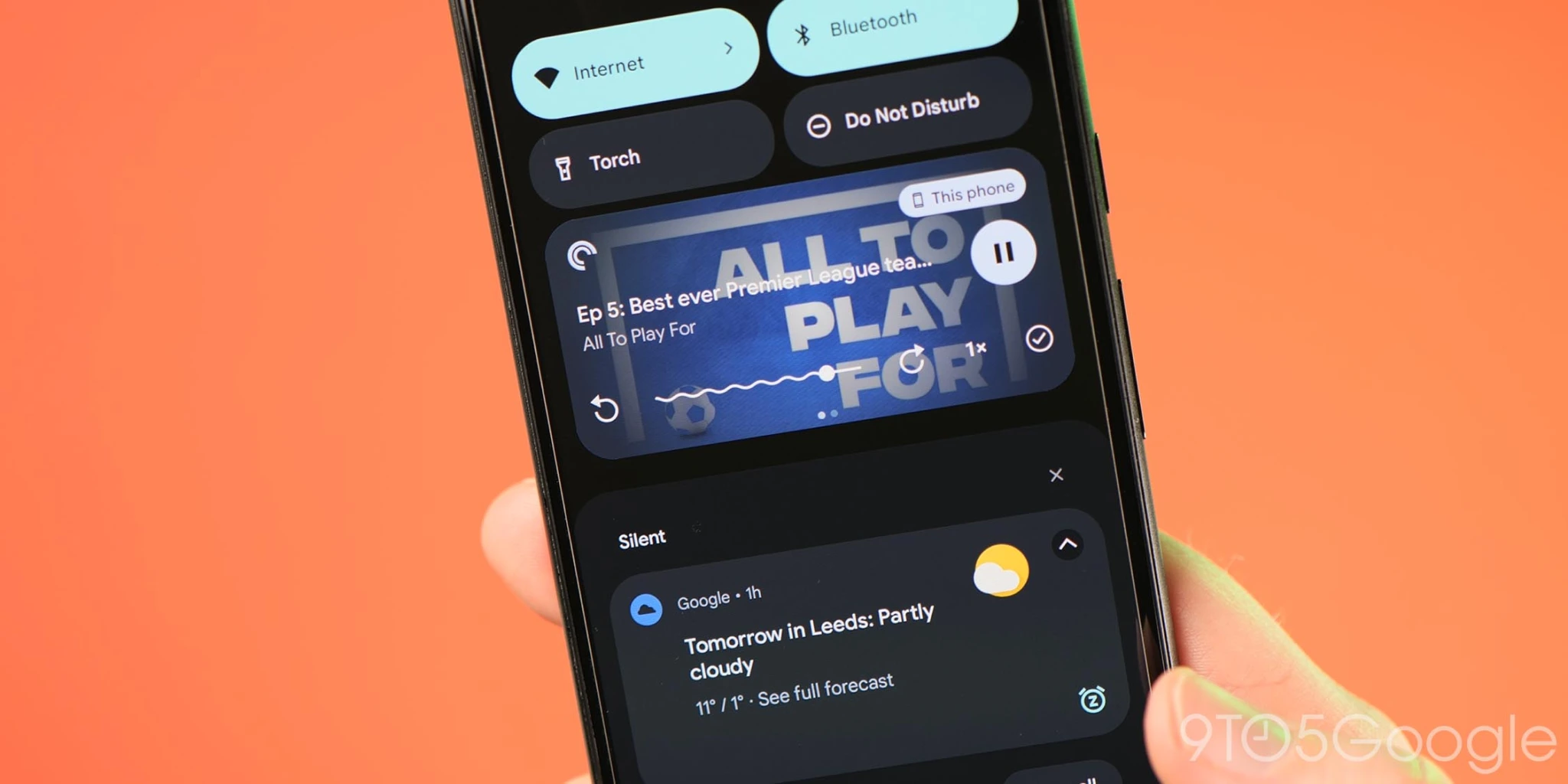
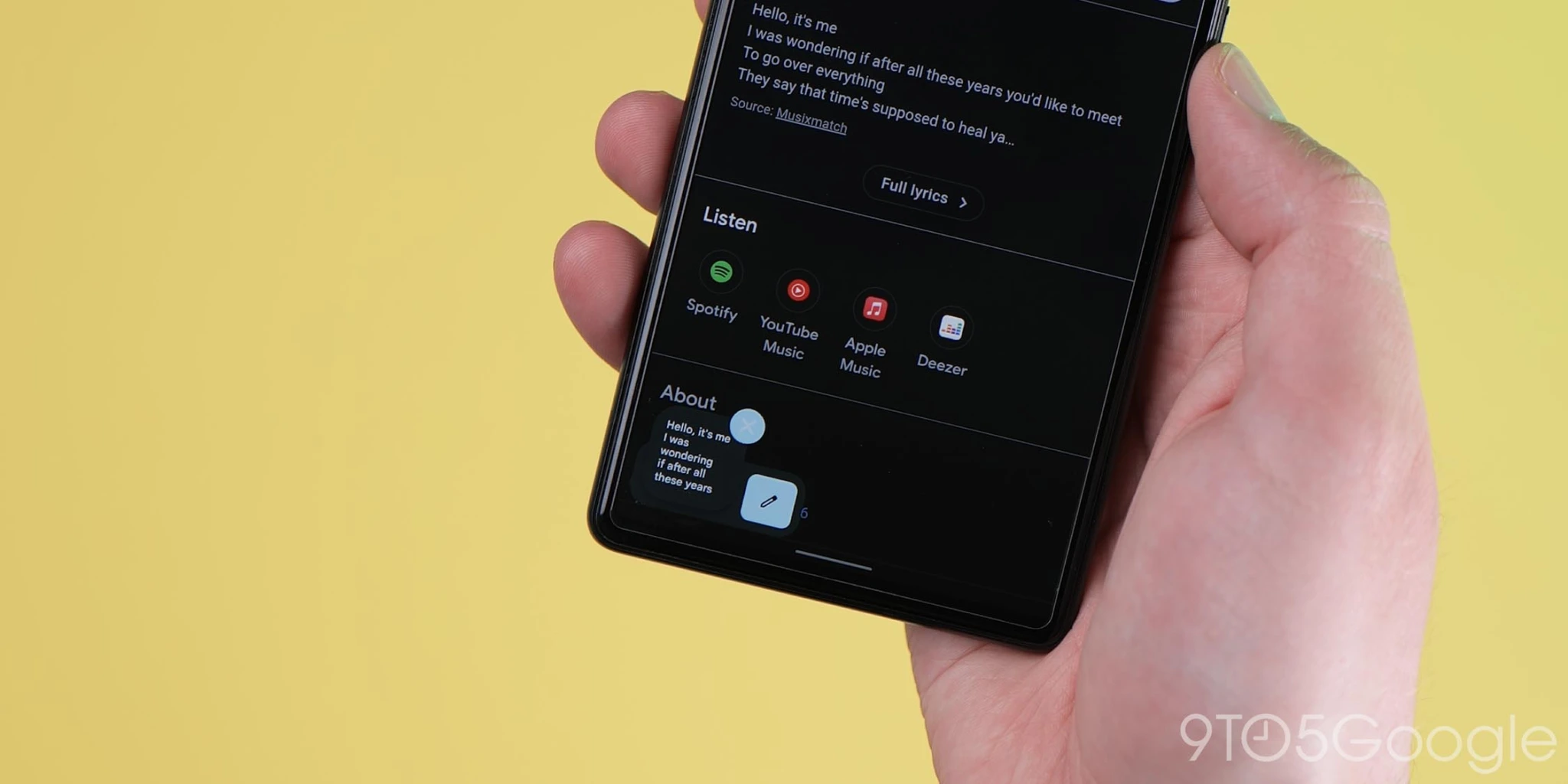
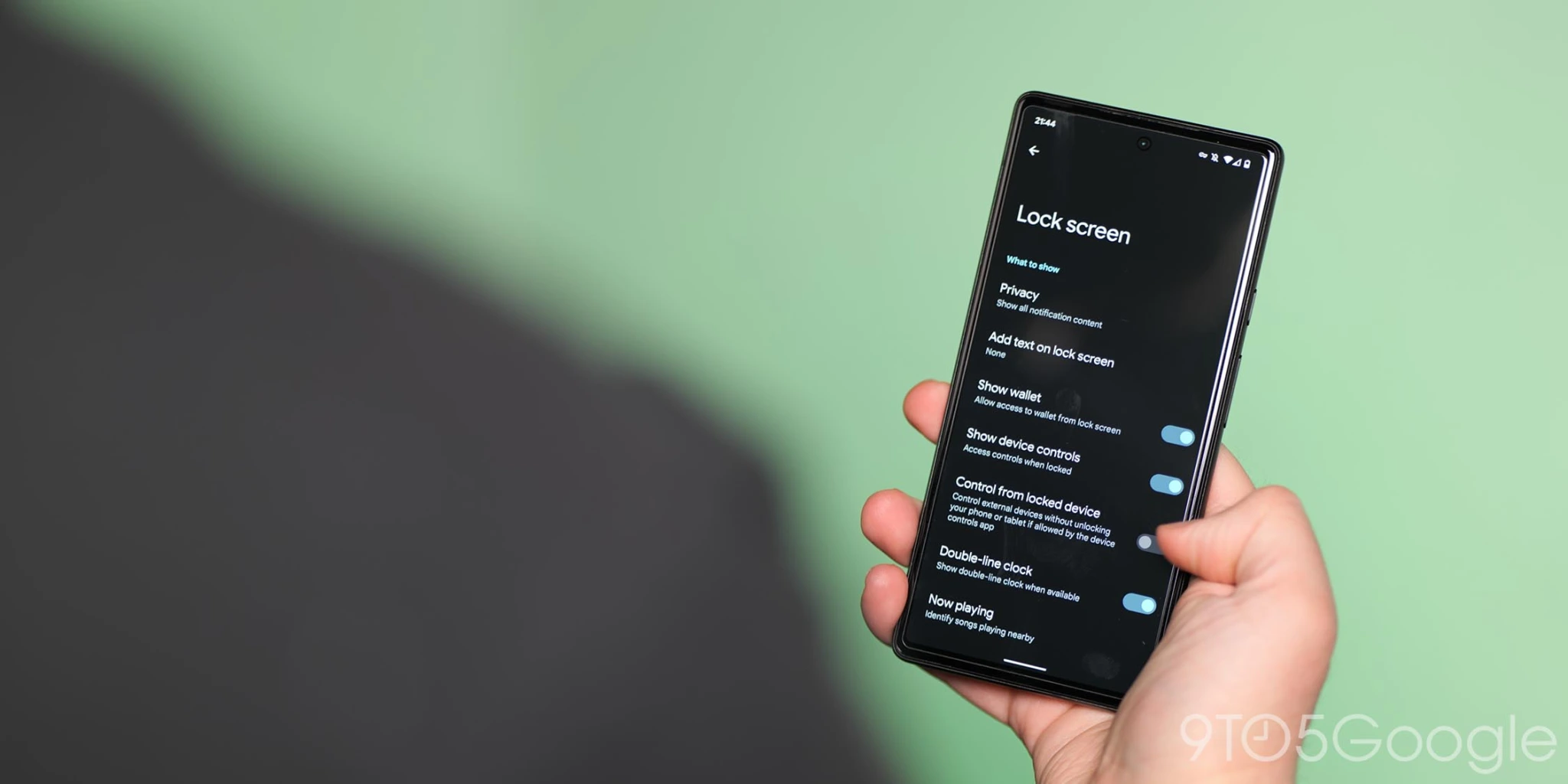
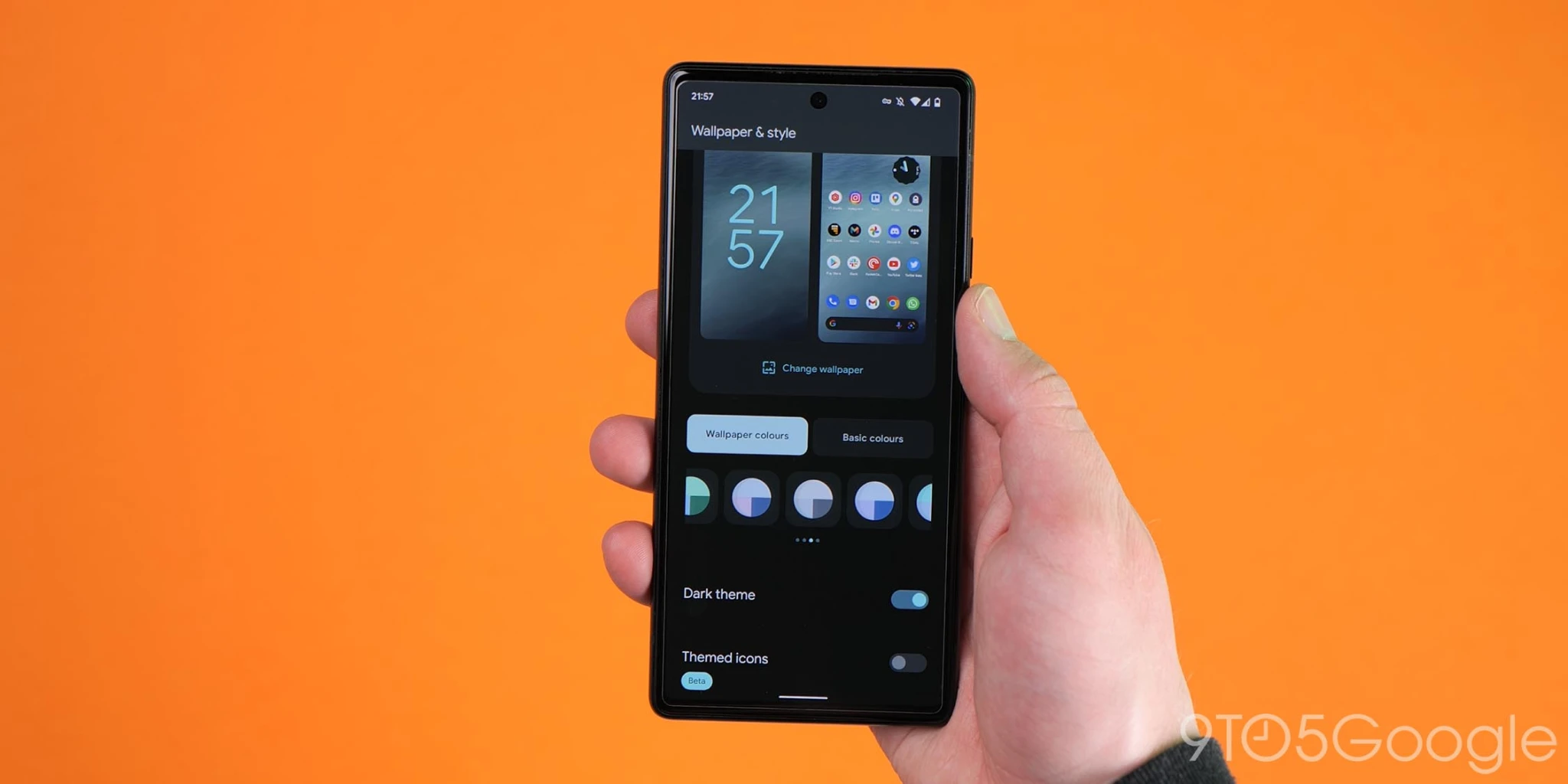
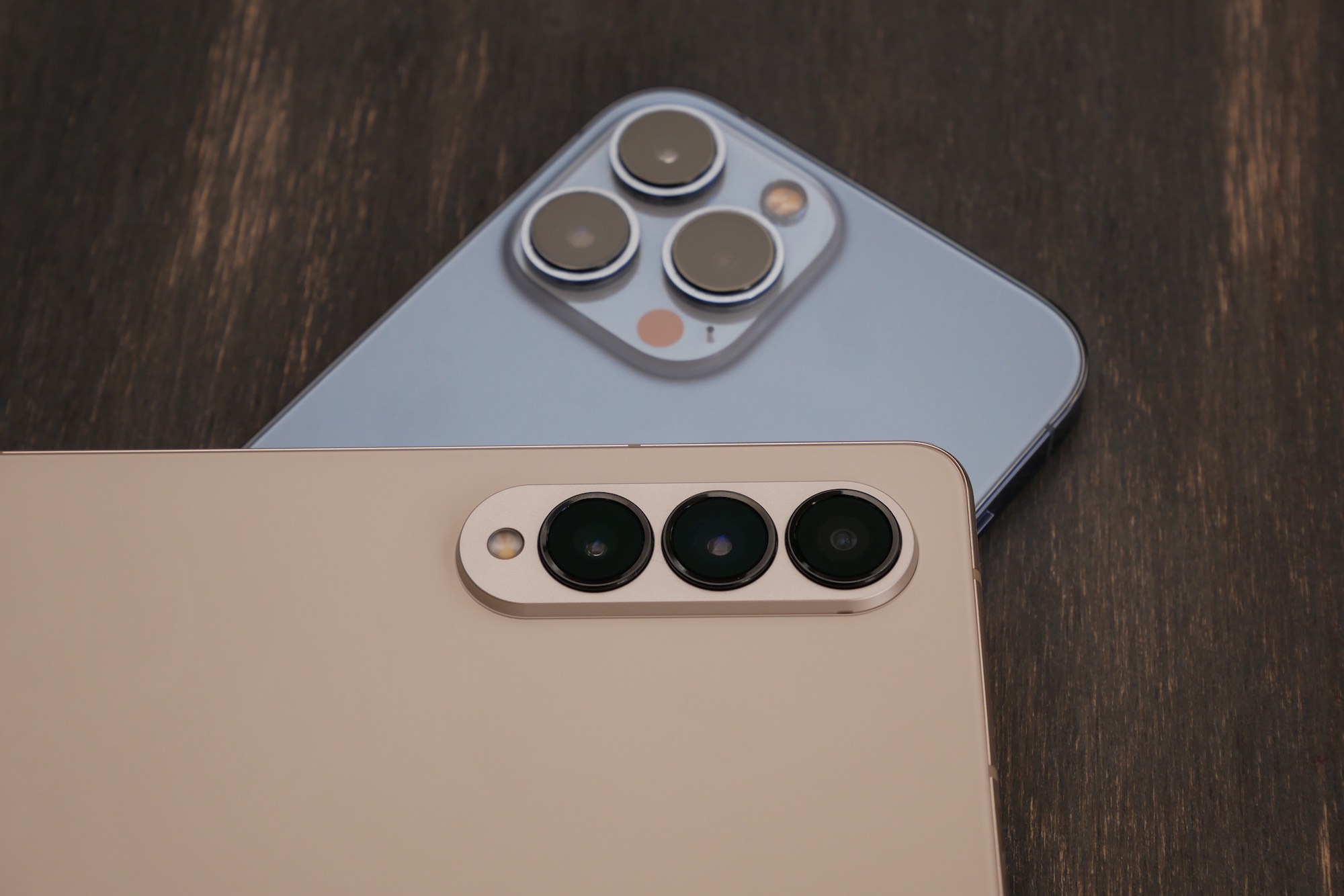

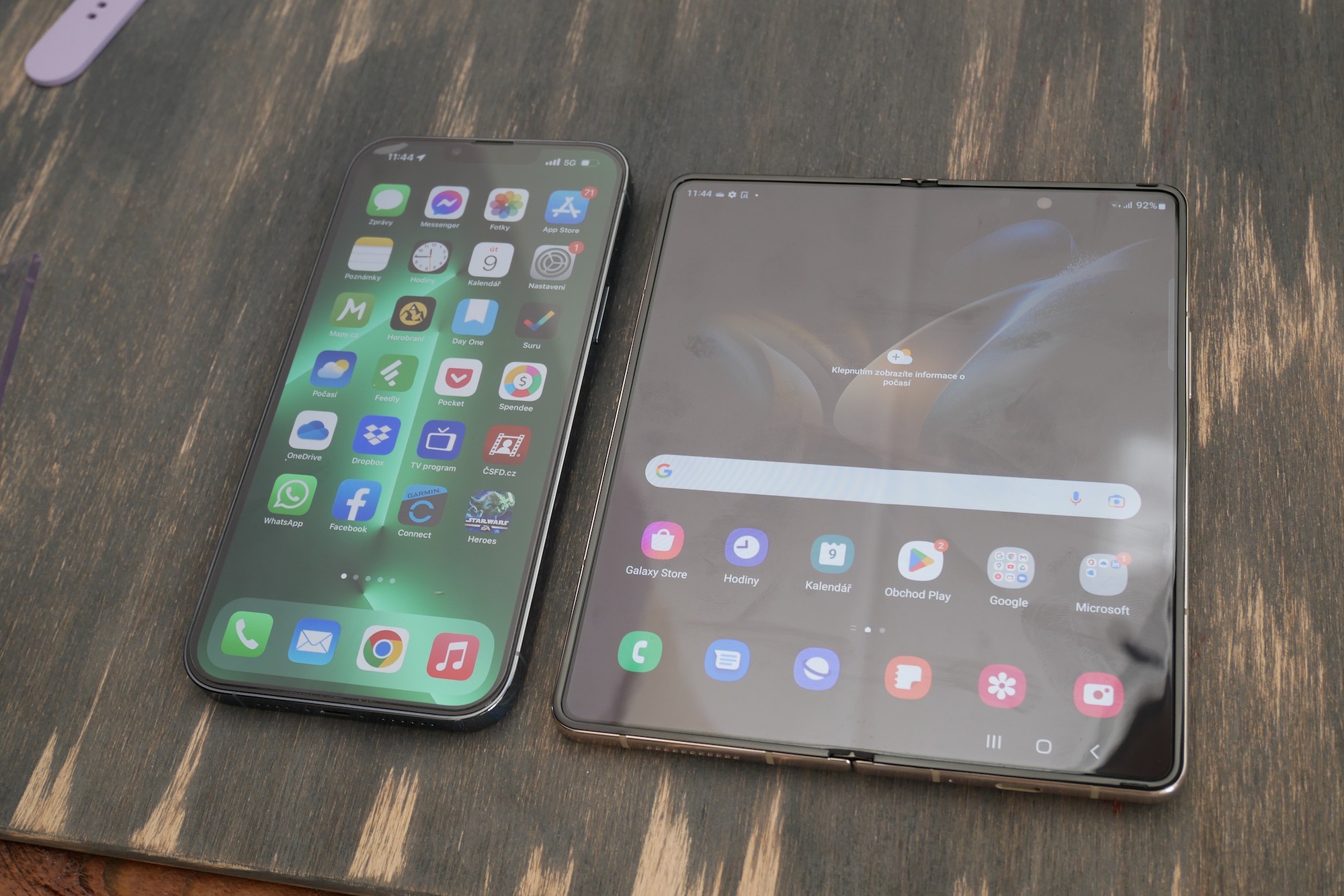
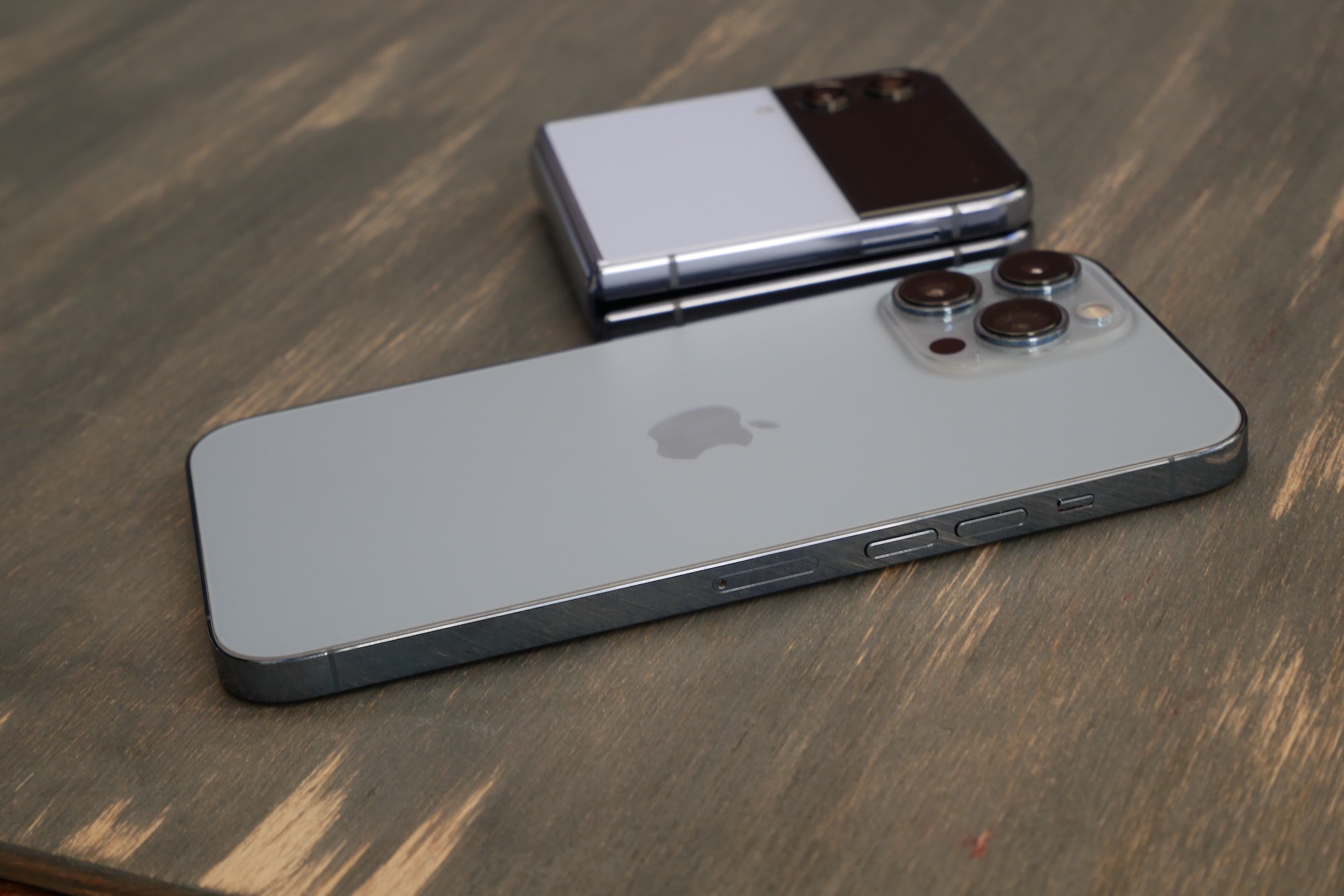
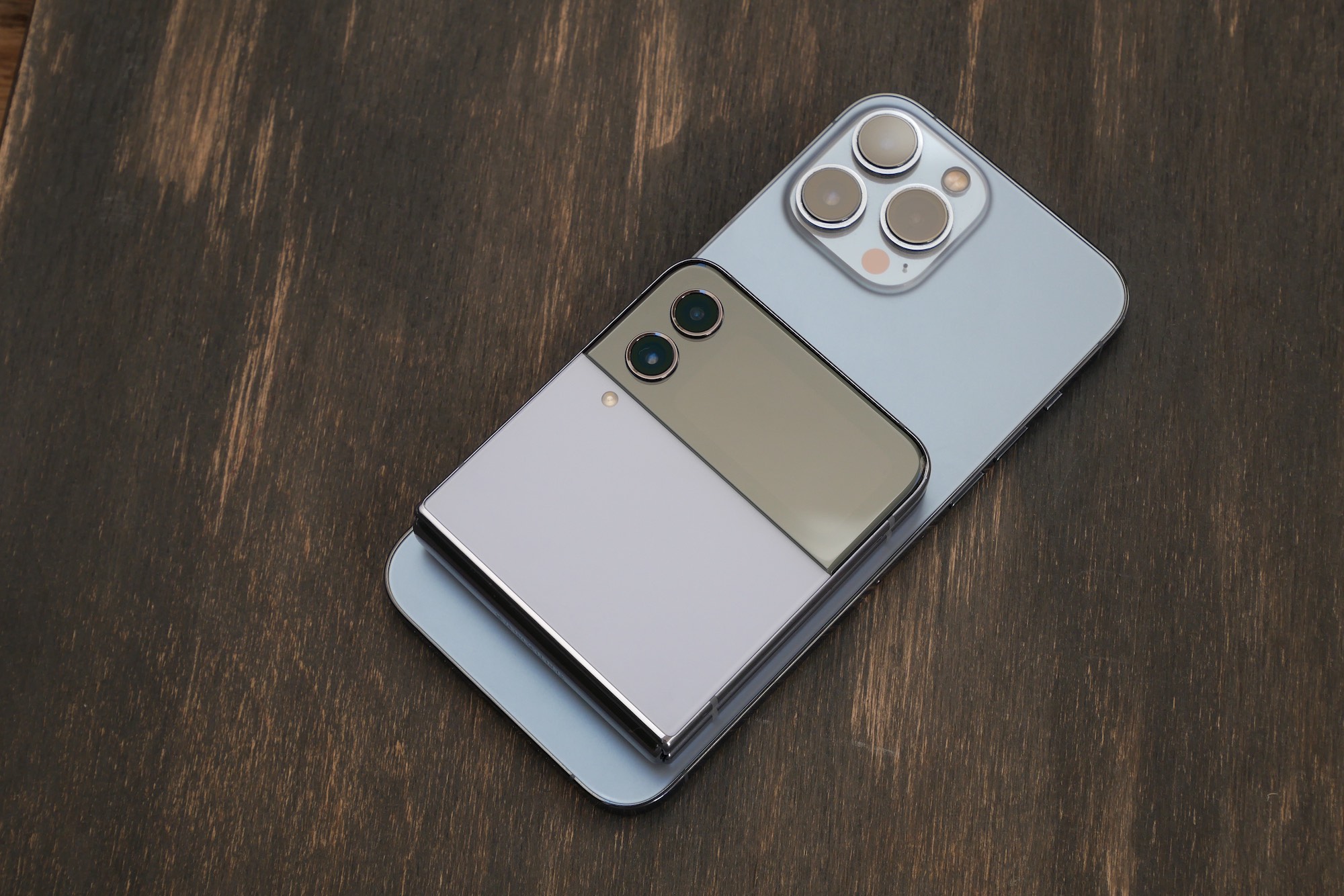


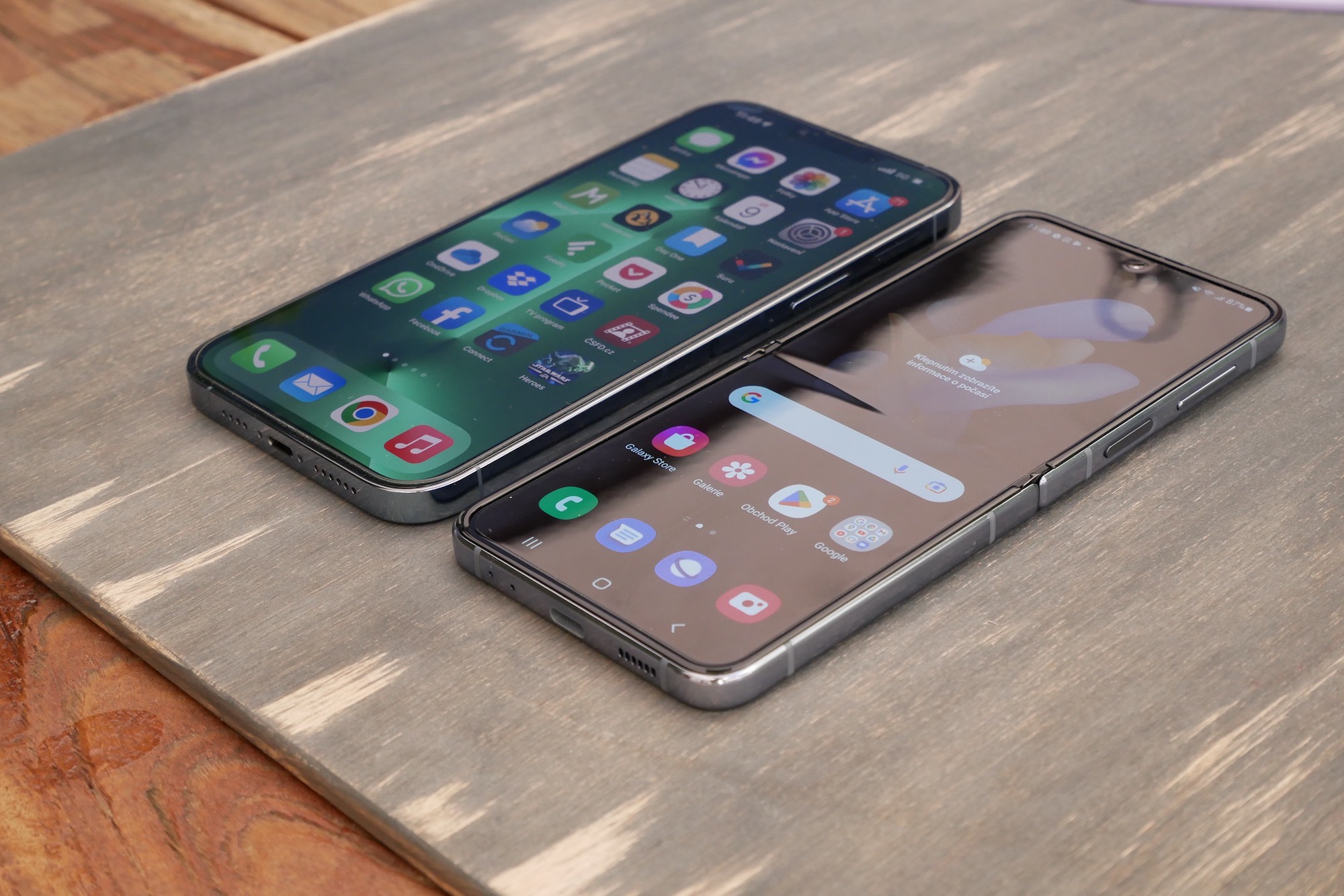
 Samsung Magazine
Samsung Magazine
cancel add-ons and all manufacturers pure android and device update will be faster
Unfortunately, you would like that too much... :-(
I don't like to add that often the superstructures take quite a bite out of the performance. It would be a utopia that it would be mandatory pure Android, however, I would plead for better optimization of those add-ons so that they do not consume so much power for running the system and applications.
So let them simply make a unified platform like Google Play where there will simply be individual add-ons from individual manufacturers for all devices. You'd buy a Xiaomi with pure Android and you'd have a choice if you wanted an add-on from Samsung or Oppo etc. Also you wouldn't have to install it at all and run on vanilla android until the Dana add-on is available for the current android, then it would download and change the whole GUI including backup of previous settings. Why isn't it you guys anymore, I have to advise them on everything?
also that I switched from Android after eight years to my first iPhone 13 basic :) because I always wanted to have updates right away, Android started to crash after a while :) brother, I have a phone from Xiaomi, it has a snapdragon 865 and it's already crashing :) when it was new, it was as fast as lightning :) nothing crashes here on the iPhone, everything is fast and stable
I'm glad you're satisfied. You switched to a better os system for your iq .😁
This is stupid. My iPhone 6S also began to lag after a while. A friend has an iPhone 11 for the second year and it is also stuck and very slow. The situation is exactly the same as with Android.
Oh, our Apple experts, we still have you. An article with zero reporting value 🤷
I'm glad I'm not the only one who watched it with the question "What did the author really want to tell us?"😅
I agree
Buy pixels and there is an update every month 😀 the article is totally about nothing, just for the apple people to chase their egos
OMG the same journalistic nonsense over and over again. If we want to compare the incomparable, then only Google and its Pixels vs. Apple and its iPhones. Then we're on the same page. The only difference is then only in the length of support, when yes, Apple has longer support for updates, but then how do the old machines work? Well, practice shows that it's not such a hit parade. However, it's still a plus for Apple, because the performance of the new iPhones is already so great that even 5 years of support probably won't break them. But blaming Google for the decisions made by other Android phone manufacturers and comparing it to Apple's situation is really totally pointless journalistic bullshit... Google has 100% coverage of new versions of the system on its supported phones just like Apple, so don't keep throwing this misleading crap at Google.
According to those useless innuendos, the article has only one task, and that is to spark a sharp exchange of opinion between iOS and Android users. And based on the way the author unnecessarily attacks Android without justifying why this is so and the quality of the article's style, I would judge that he is 10 years old according to the description in his info. And he has the advertised 10 years of iOS experience because his first iPhone was placed next to his head when he was born.
Although Apple releases updates almost regularly, but also almost regularly, within a week after the regular update, a fix for the X.1 update will come, which solves the battery, something with the display, etc. It is quite surprising that there are so few different hardware on which the variants run iOS, is how neglected Apple testing is. In my opinion, Android hardware has more than 1000x more variants, so Apple should have it 1000x better, but it is not. The main thing is that the update is on time, regardless of the quality. And to avoid unnecessary things, I have been using both Android and iOS as a software tester for many years.
This chasing who first is completely absurd. Passing it off as an advantage that I make such bad programs that updates are necessary non-stop and I can anticipate them with a calendar is rather a demonstration of the stupidity of the times in which we live. Make a celebratory article to see how much battery you have left with the new update, but you will catch up with android only when the "back" button is on the apple. Which is the point at which I stop absolutely every time I get my hands on a bitten apple. Which takes about 30 seconds, so I always return it to the woman because I don't know what to do with it, let her fix it and I'd rather do the thing on my phone...